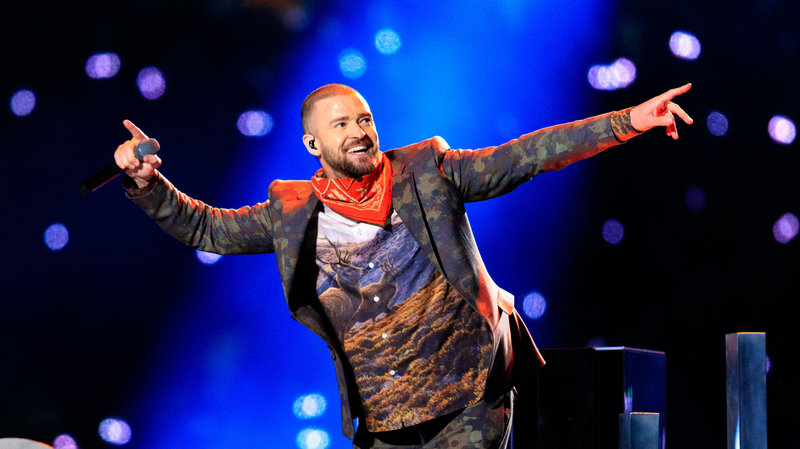music as social action :: Blog
|
Here are all the embeds curated by the class for the annotated playlist assignment. Be sure to peruse them and come to class with any through-lines you spot — other than the prevalence of Kendrick Lamar (whew!), what are the commonalities to the songs students selected? Importantly, how would you suggest that these service our evolving list of social-action functions?
(Note: if a playlist has less than the assigned 10 songs, it's because Spotify does not include the particular songs and/or artists that student had selected.)
3 Comments
A recent trawl through The New York Times picked up a couple of articles relevant to our recent discussions and readings:
1. Superchunk is a pop-punk band (there's one of those cagey hyphens!) that's been around for decades, and in all that time they have never been known for taking overt stances on social issues. Their new album, however, has been getting a good deal of press based on the fact that it is political. The NYTimes' headline is typical of the discourse being circulated by fans (and/or the band's PR): "It took Trump to make Superchunk go political." In the piece, you can read numerous assumptions we've already encountered, such as the idea that "[m]ost protest music is terrible. It’s pedantic, it’s usually preaching to the choir," as well as the expectation that the social upheaval Trump's election would unleash a lot of protest songs. Especially ahead of next week's topics, note the song that Mac McCaughan says is "questioning what good did all that punk rock do?" (The album is streaming temporarily here.) 2. The new Marvel superhero movie, "Black Panther," is generating a lot of headlines about its foregrounding of race within a white-dominant corner of pop culture. That extends also to its soundtrack by Kendrick Lamar, which works "to hint at the movie’s story while concentrating on tales of struggle and swagger much closer to home." Consider here how the goals of an individual artist operate through this prime example of the culture-industry machine: where does Lamar's voice end and Marvel/Hollywood commercialism begin, or can that binary even be discerned? (The soundtrack is now on Spotify.) A brief Q&A published yesterday by NPR addresses this class in substantive ways. In it, the network's music critic, Ann Powers, discusses the failure of Timberlake's halftime show — not based on artistic merit but because he was specifically not political.
Cast your mind back to the Super Bowl performance in 2016. Remember Beyoncé's spectacle, its racial encodings, its occasionally overt discourses about systemic American violence? Remember the backlash that struck within hours? Conservative pundits found the show "outrageous," and not in a good way. The combination of musical text and costumed subtext constituted, for some, a "Black Lives Matter rallying cry." Beyoncé was celebrated by some for her stance but scorned by many simply for bringing (black) politics into a (white) leisure space. (This New York Times columnist evaluated the day's histrionics in an astute piece that mentions a historical example of racial imaging — precisely the type Stuart Hall discusses!) So what now to make of criticisms of a white pop star for not being political enough in the same literal and figurative arena? Where is the middle ground, and who could possibly claim it? Powers asserts that "we are living in a moment of struggle, and we want our pop music to also reflect that struggle." Really? (As is always important to ask amid these kinds of discourses: who's the "we" she's claiming this for?) What's changed in two years to contribute to this about-face? "We want statements and struggle in our pop music, not just another smooth dance mix," she concludes. The goal of this course is to chart how and when that actually might be the case. What kinds of statements of struggle do we want in pop music? Who's "we"? In what situations do they contribute to social change? Why do those messages succeed or fail? Does medium matter? Crucially, when might statements of struggle not be welcome in pop? And when — as we'll begin seeing examples of this week and especially next — does "just another smooth dance mix" actually become political despite the intentions of the artists and producers? (Hit it, Martha!) |
COMM 190
|

 RSS Feed
RSS Feed